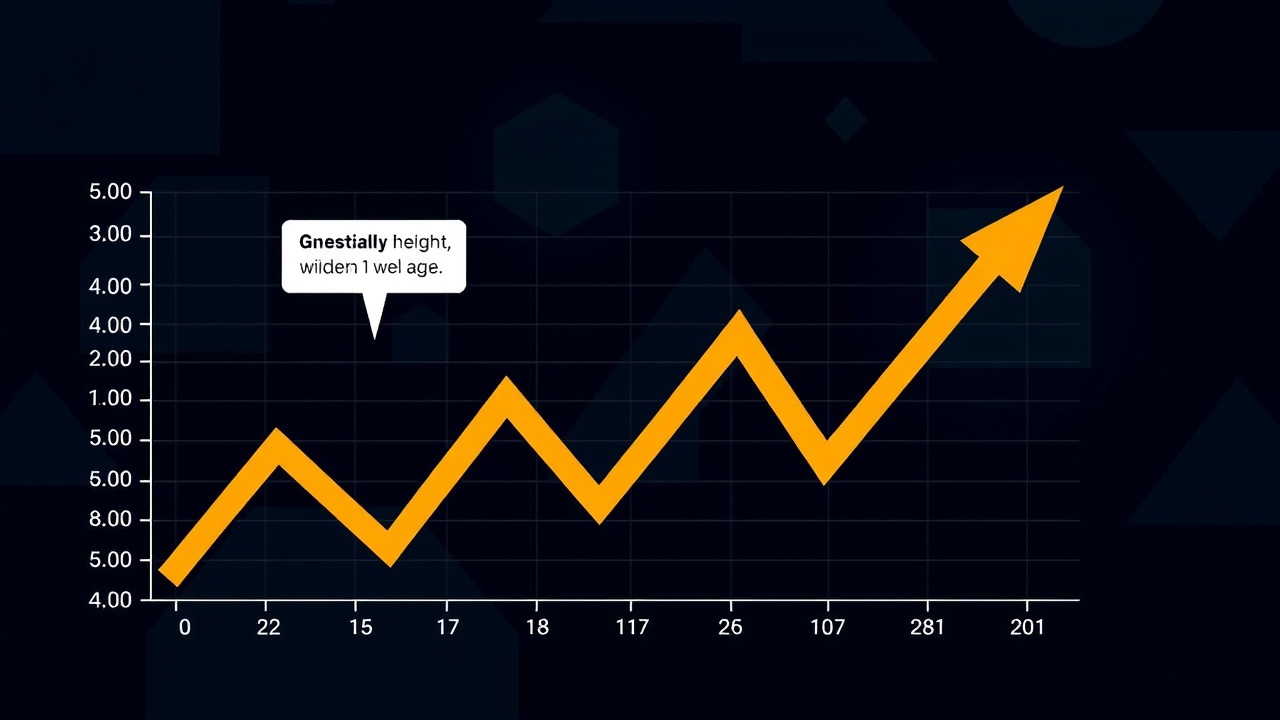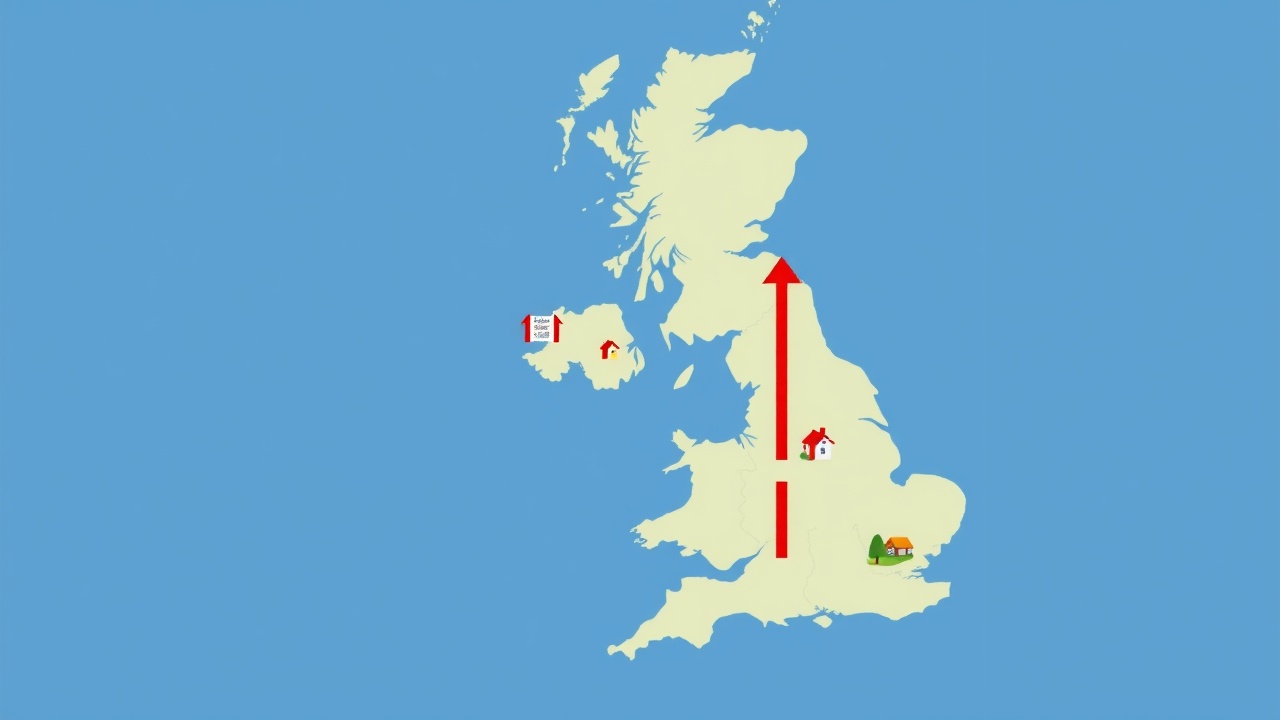
Although rising Middle East tensions made investors cautious in June, investment fund flows were more of a pause than a panic
In June, the Middle East war seemed to discourage investors from investing in the stock market, but it was more of a pause than a panic.
According to the most recent Calastone Fund Flow Index, a net 98 million was taken out of equity funds last month, while more money went to lower-cost passive funds, fixed income, and safe haven markets.
The US interventions that ultimately resulted in a ceasefire and tensions between Iran and Israel were among the many events that rattled financial markets in June.
Along with concerns about Trump tariffs and economic uncertainty at home in the UK, there was also the ongoing conflict between Russia and Ukraine.
Calastone asserted, however, that investors' reduced purchases, not their increased sales, are more to blame for the stock market decline.
While buy orders for equity funds dropped by 7.5 percent to 11.3 billion, the lowest level since September 2023, the value of sell orders actually decreased by 2.5 percent in June to 11.4 billion.
Calastone's global markets head, Edward Glyn, stated: "Cautiousness, not fear, was the hallmark of June.
"We have a structural bias towards increasing our savings, so a net outflow from equity funds as an asset class is relatively uncommon. Over the past ten years, investors have only ever withdrew capital once every five months, so any outflow is significant.
However, it was modest in Junea withdrawal of 98 million is negligible when compared to the 22.7 billion transactions that took place overall.
Investors were naturally concerned about the start of a conflict with uncertain outcomes, but they were also comforted by the fact that global stock indices remained largely unchanged. While bond markets rose all month long, they initially fell a little before finishing June ahead.
"Despite the uncertainty, investors did not lose heart.
Click here to learn which funds are most popular in June.
Take off for safety.
Due to investor uncertainty in June, global and UK-focused funds performed worse.
A 594 million net outflow from funds invested in UK stocks was noted by Calastone, which attributed this to a long-term structural trend of monthly selling by UK investors.
Additionally, a net selling of 365 million from global equity funds took place, marking only the fifth month on Calastone's more than ten-year record and the first time since Liz Truss' mini-budget in September 2022.
In contrast, 301 million dollars were invested in European equity funds in June, while 306 million dollars were invested in North American funds.
In the meantime, inflows into safe-haven money markets increased to 218 million from 85 million the previous month, while inflows into bond funds decreased to 195 million from 328 million in May.
The flow of passive funds continues to increase.
Notwithstanding overall equity fund outflows, investors directed £1.3 billion of their new capital toward passive funds while concentrating their sales on active ones.
Calastone's research indicates that, even in unwanted UK stocks, flows to passive funds have been positive over the last one, three, and five years, with only sporadic months of outflow.
According to Calastone, active UK equity funds have lost 51.08 billion since January 2015, while passive ones have seen inflows of 7.3 billion.
Glyn went on to say: "Active funds are losing their ability to retain their current funds in addition to losing the battle for new capital. Active funds experienced withdrawals in eight of every twelve months during the past three years, which were a time of significant inflows to equity funds generally, while passive funds experienced withdrawals in just one of every twelve months.
"Passive funds' low cost is their greatest advantage over active ones. Investor value is greatly increased when expenses are reduced during the investment process.














Leave a comment on: Where did investors put their money in June when the Middle East caused a halt in fund flow?